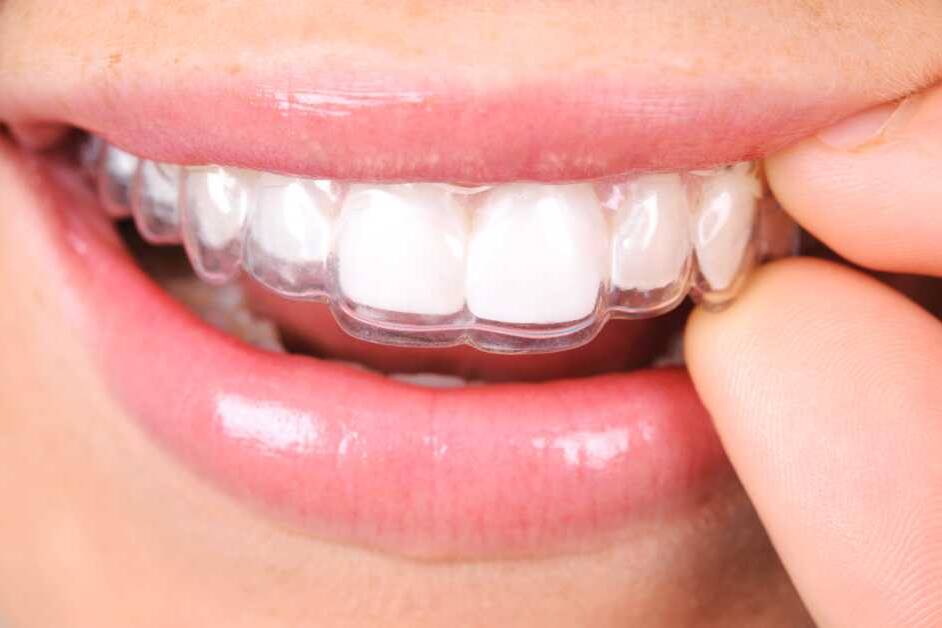Hello, I’m Dr. Angela from Delatite Dental. Today, I want to talk about managing post-operative sensitivity following a filling, crown, or other dental procedures.
Dental procedures like fillings and crowns are common treatments aimed at restoring the health and function of your teeth. However, it’s not unusual to experience some sensitivity afterward. This sensitivity can be due to several factors, including the previous decay in the area, the proximity to the nerve, or the nature of the dental work itself. Here are some tips to help you manage and alleviate this sensitivity:
Understanding Sensitivity
First, it’s important to understand that post-operative sensitivity is usually temporary. It can last a few days to a few weeks as your tooth and surrounding tissues heal. The sensitivity often manifests as a sharp pain when you eat or drink something hot, cold, sweet, or acidic.
Use Desensitizing Toothpaste
Using desensitizing toothpaste can be very effective. These toothpastes contain compounds that help block the transmission of sensation from the tooth surface to the nerve. For best results, use it regularly, brushing twice a day. Additionally, you can smear a small amount of desensitizing toothpaste, such as Sensodyne, directly onto the sensitive tooth and leave it on for a few minutes before rinsing. This can provide targeted relief.
Apply Tooth Mousse
Tooth mousse, a product that contains casein phosphopeptide-amorphous calcium phosphate (CPP-ACP), can also be beneficial. Applying a small amount directly to the sensitive area can help remineralize the enamel and reduce sensitivity. Leave it on the tooth for a few minutes before rinsing.
Avoid Trigger Foods and Drinks
Try to avoid foods and drinks that can trigger sensitivity. This includes very hot or cold items, as well as sugary or acidic foods. Opt for lukewarm or room temperature options instead.
Maintain Good Oral Hygiene
Good oral hygiene is crucial. Brush your teeth gently with a soft-bristled toothbrush and use fluoride toothpaste. Floss daily to remove plaque buildup that can exacerbate sensitivity.
Take Over-the-Counter Pain Relievers
If the sensitivity is causing significant discomfort, over-the-counter pain relievers like ibuprofen or acetaminophen can help manage the pain. Always follow the dosage instructions on the label.
Use a Fluoride Rinse or Gel
Your dentist may recommend a fluoride rinse or gel to strengthen your tooth enamel and reduce sensitivity. These products can be particularly helpful if used regularly.
Avoid Clenching or Grinding
Clenching or grinding your teeth can worsen sensitivity. If you tend to grind your teeth at night, consider using a night guard. Discuss this with your dentist, who can provide a custom-fitted guard for you.
Follow Up with Your Dentist
If sensitivity persists beyond a few weeks or becomes severe, schedule a follow-up appointment with your dentist. There might be an underlying issue that needs to be addressed, such as a high filling or bite adjustment.
Conclusion
Post-operative sensitivity is a common and usually temporary issue. By following these tips, you can manage the discomfort and support the healing process. Remember, maintaining regular dental check-ups and good oral hygiene practices is key to overall dental health.
If you have any concerns or questions, don’t hesitate to reach out to us at Delatite Dental. We’re here to help you every step of the way. Thank you for reading, and take care of your smile!
Dr Kevin Ho, Dr Angela Nguyen & The Delatite Dental Team
Our commitment to your dental health and overall wellbeing is the heart of our practice
Related Posts
July 16, 2024
Managing Toothache Discomfort (Video)
Last year I wrote about why booking too far in advance can be dangerous for…




